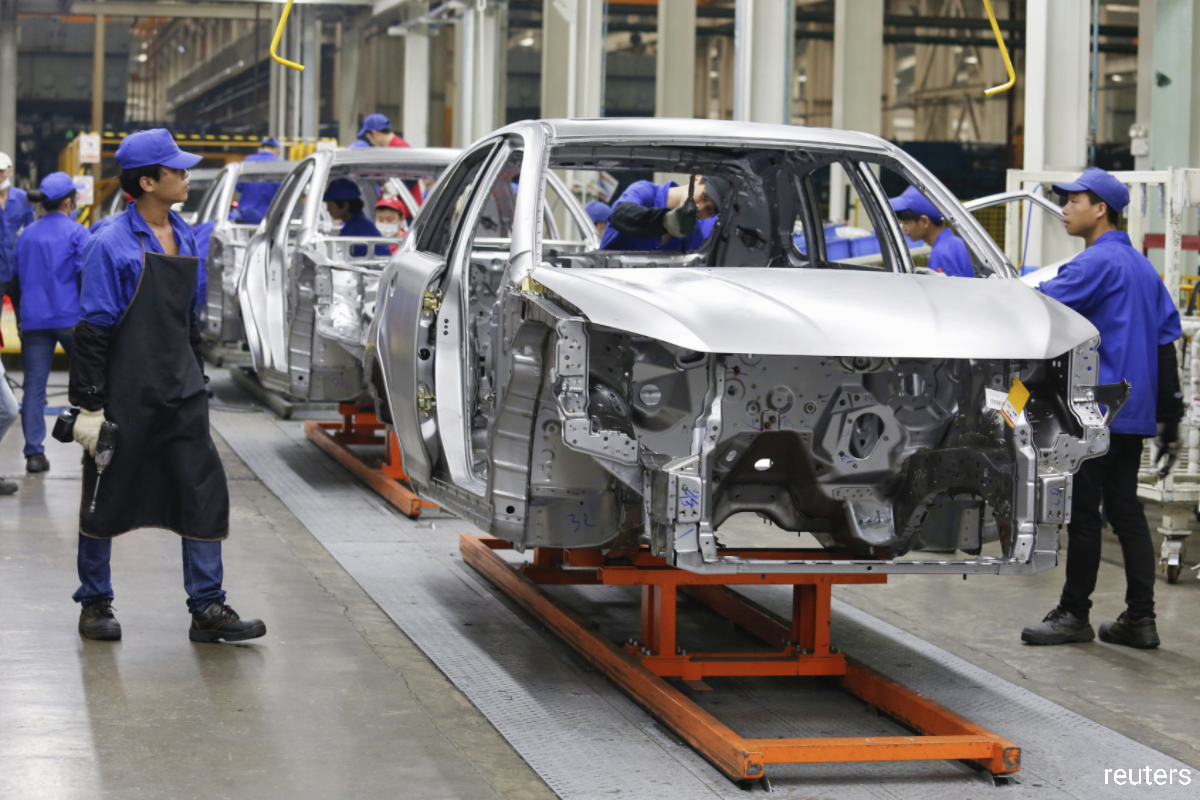
A large logistics and grocery delivery company based out of Bengaluru was planning to hire about 3,000 warehouse and supply chain professionals in August. So far, it has managed to recruit only 2,000 and isn’t sure if it could meet the target. “Companies have a target to meet and lack of manpower can hamper that,” said Pravin Agarwala, chief executive of Betterplace, a leading platform for frontline workforce management.
Businesses across sectors in India, including manufacturing, construction, real estate, infrastructure, logistics, retail, automobile and auto component, restaurants, and facility management, among others, are facing an average 15-30% dearth of skilled manpower, said top company executives, staffing firms and industry experts.
Company executives said this could have a direct impact on meeting business goals. At the same time, there is an increase in cost of talent acquisition, as companies are forced to line up extra incentives and one-time payments to attract manpower. This assumes significance at a time when companies have opened up their offices, services activities have picked up post Covid, and businesses are looking to ramp up their workforce to cater to an anticipated increase in festive demand.
“In blue collar, people are directly proportional to the outcome and everyone is a profit centre. You pay ‘X’ dollar, you get ‘Y’ dollar. Hence, shortage of manpower impacts the ability to deliver and delays business goals,” said Agarwala, without revealing the name of the company which is struggling to meet its hiring target.
Vimal Kejriwal, managing director at KEC International, a part of the RPG Group, said: “We have over 30,000 people working for us in various project sites. There is a clear shortage of 10-15% in semi-skilled and skilled labour …Our resource mobilisation cost has gone up and we are also paying a lot more incentives to attract people.”
The demand-supply mismatch is high in profiles such as supply and warehouse executives, drivers, security guards, facility management staff, stewards and chefs, housekeepers, stitching machine operators, welders, carpenters, warehouse workers, fitters and electricians, said industry experts.
In the last 3-4 months, Sodexo, one of the largest food services and facility management firms in the world, has seen a 30% increase in its turnaround time (or the time taken to replace a resource deployed for a client). “Usually we would replace a person in 6-7 days, that time has now increased to 10 days,” said Pradeep Chavda, director, human resources, India at Sodexo.
“Business is higher than pre-Covid times. However, it is difficult to cope with the shortage of people,” said Chavda.
There is a 22-30% talent shortage in the food and facility management business in roles such as chefs, stewards, kitchen staff, and facility management personnel. The company used predictive churn analysis and hired additional recruiters, but this has led to a 12% increase in human resource cost, said Chavda.
The lack of skilled resources to meet the manpower demands is one of the major reasons for the shortage. “The quality of jobs is improving in the value chain but skills is a problem,” said Rituparna Chakraborty, cofounder, Teamlease Services.